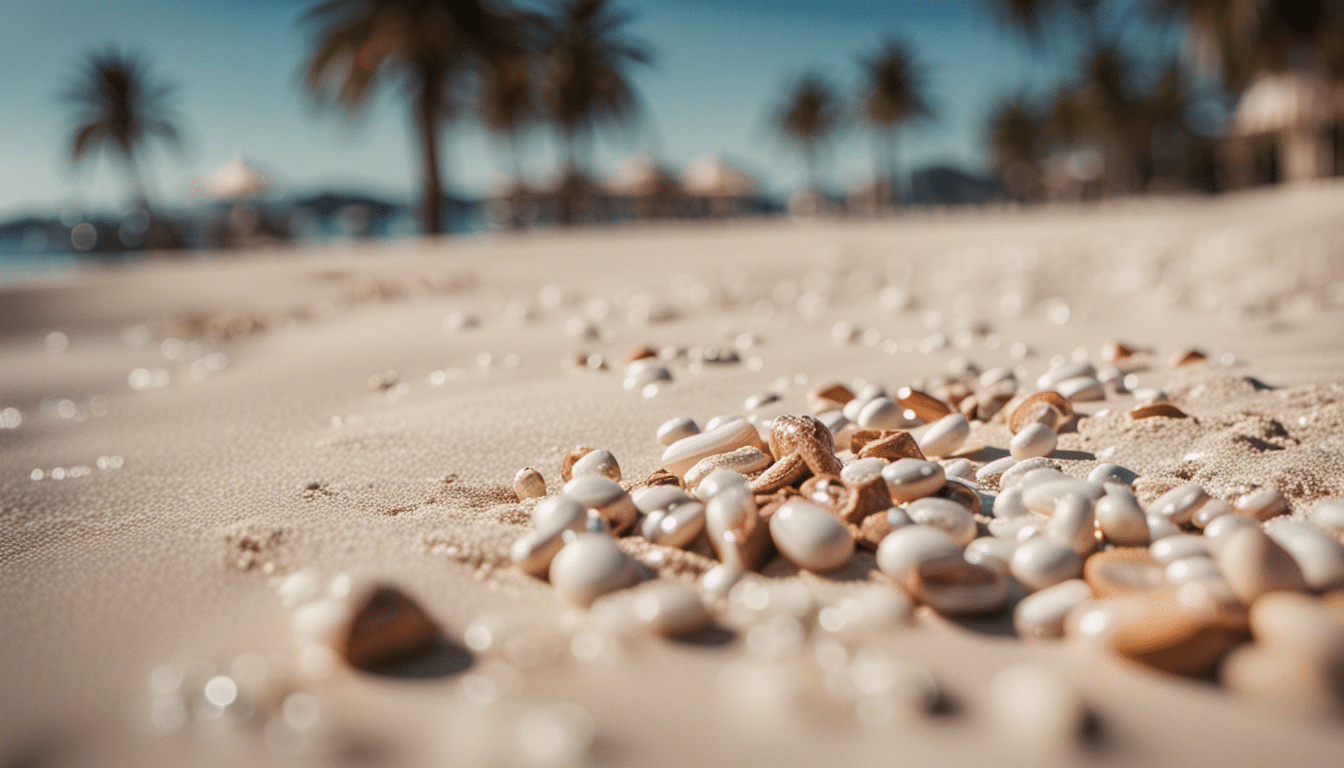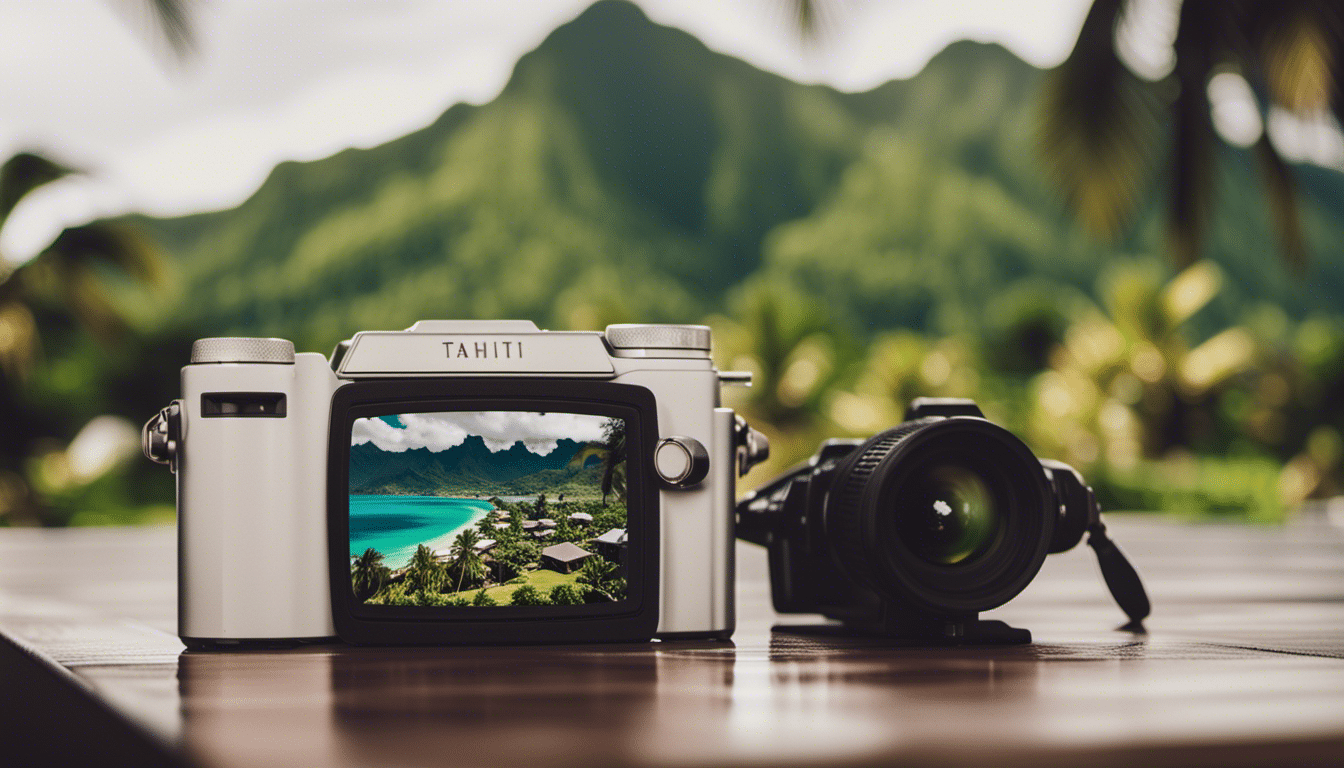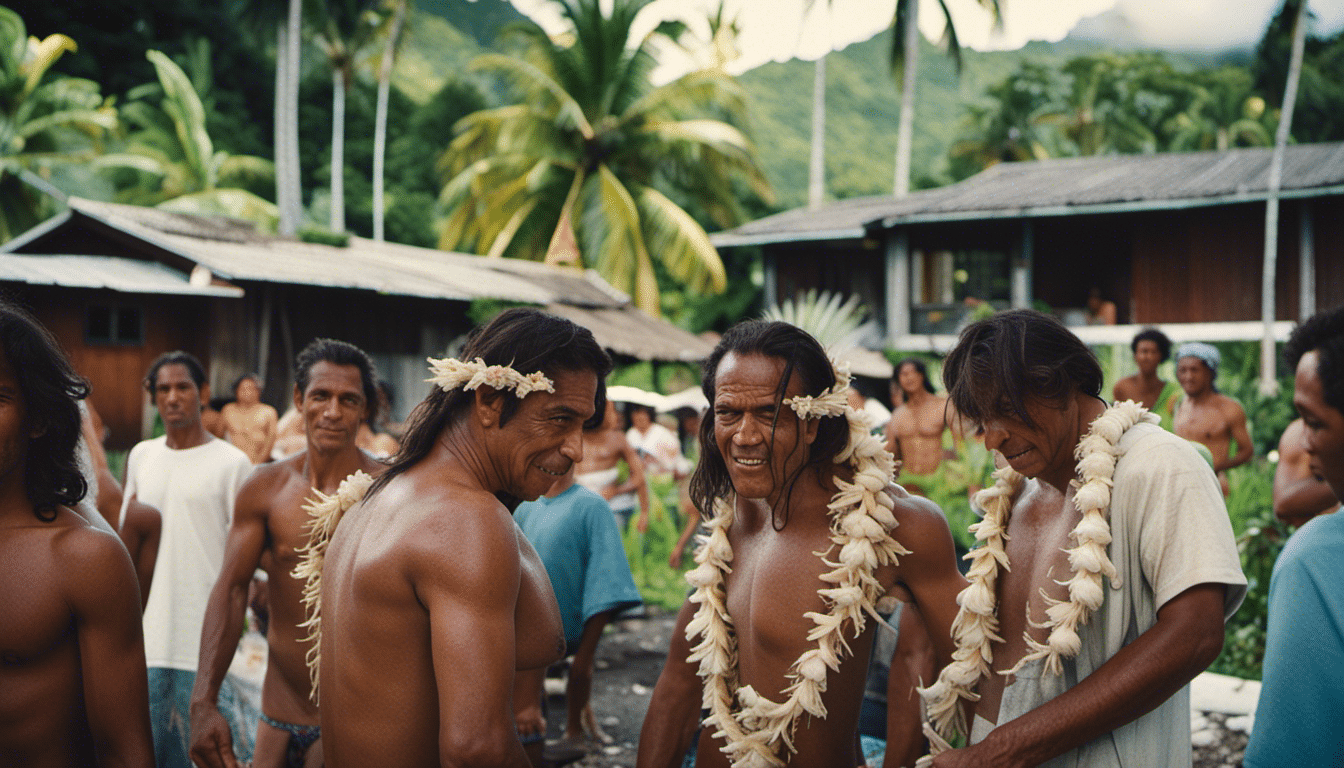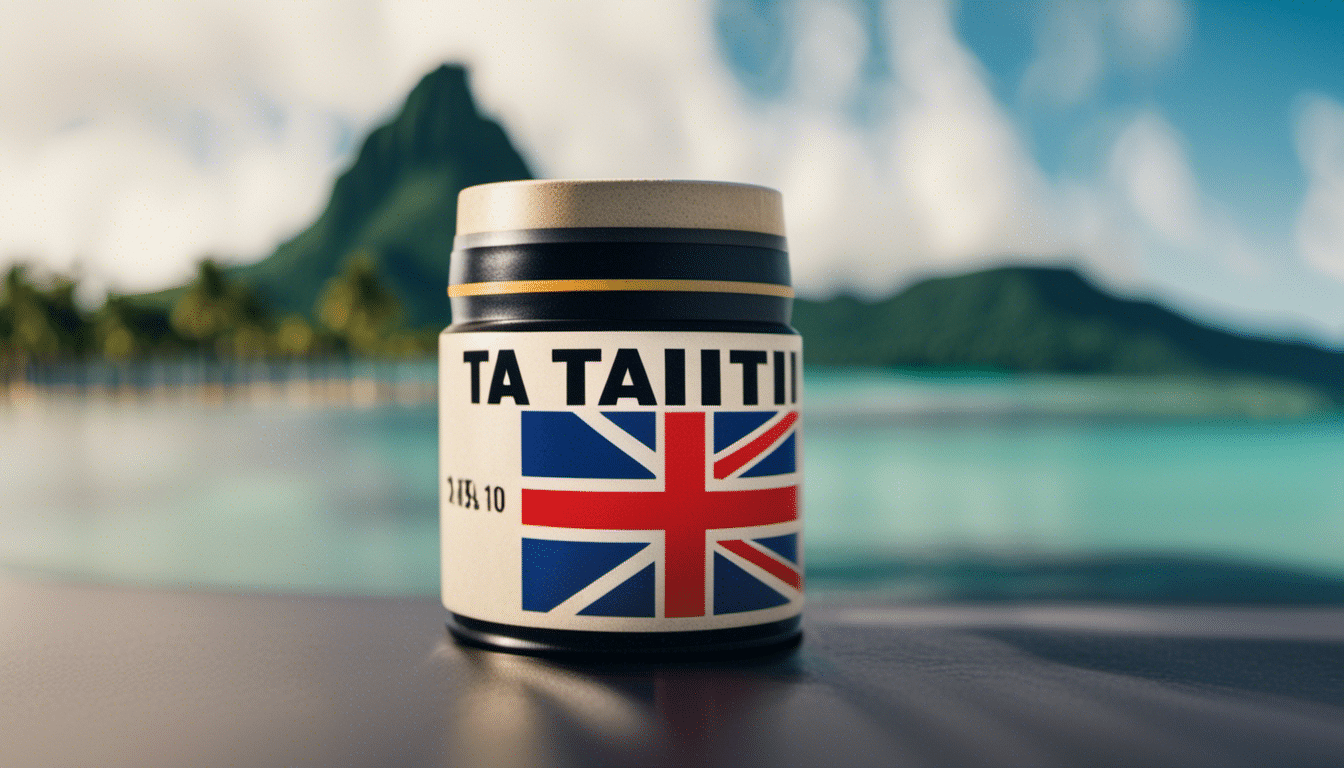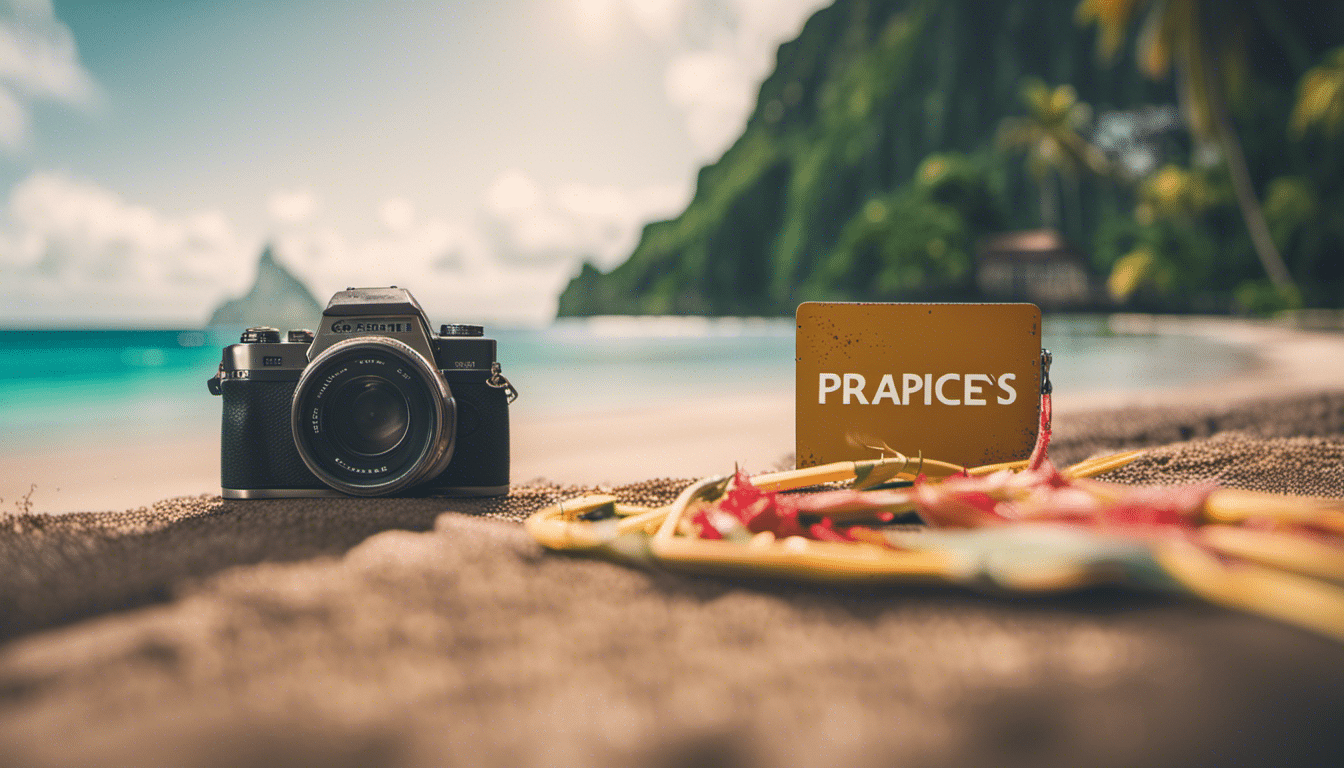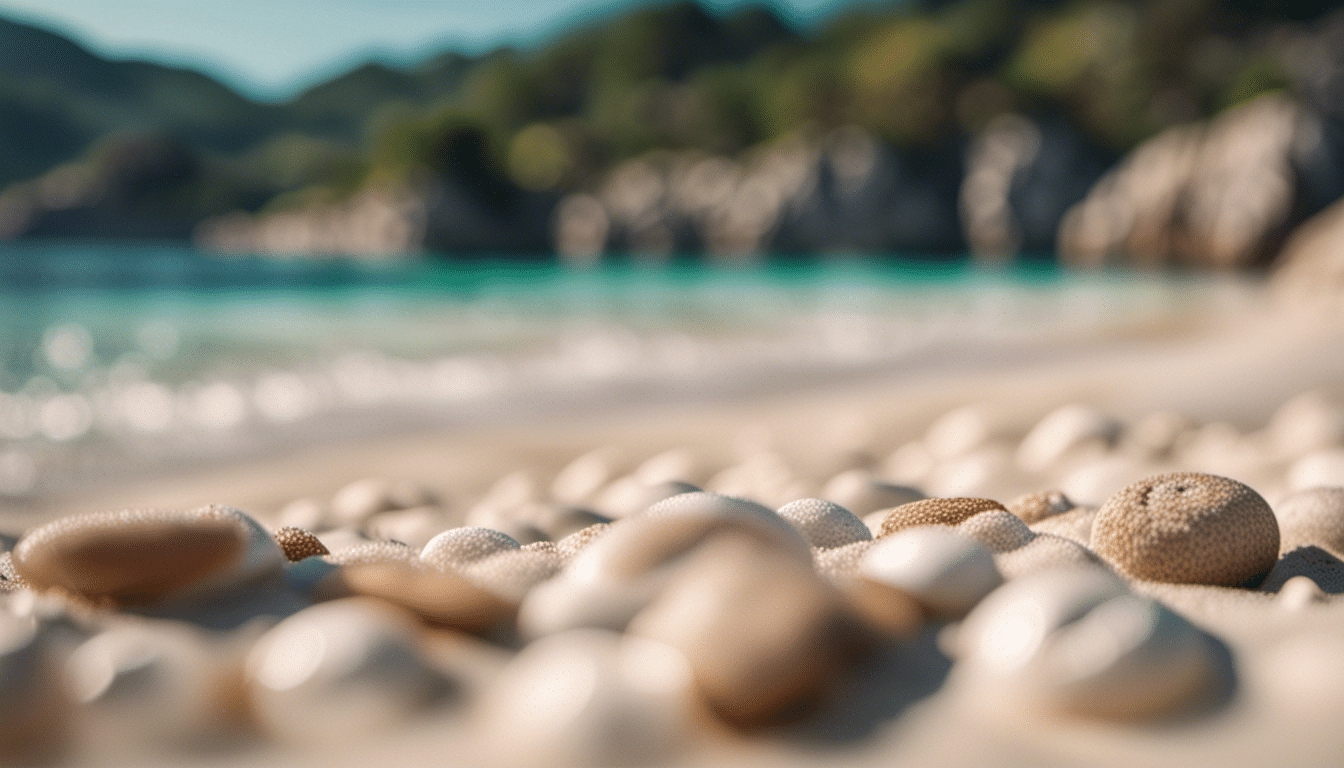A guide to Tahitian traditions and customs for the respectful traveler
If you are a respectful traveler who wants to experience the culture of Tahiti and her islands, it is important to learn about Tahitian traditions and customs before you leave. The culture of Tahiti is deeply rooted in the values of respect and hospitality, and travelers are invited to participate in local life by respecting the customs and traditions of the island. This article is a guide for travelers seeking an authentic experience of Tahiti and her islands.
The traditions of Tahiti
Tahiti is known for its cultural richness and its traditions, which play an important role in the daily life of Polynesians. One of Tahiti’s most iconic traditions is the Hula, a dance that tells stories through graceful hip and arm movements. Another important tradition is the Polynesian tattoo, which is an artistic and spiritual expression used to represent important symbols and stories of Polynesian culture.
The customs of Tahiti
The customs of Tahiti are also very important for the daily life of Polynesians. Polynesians are known for their hospitality and warm welcome, and travelers are encouraged to participate in local life by respecting the customs and traditions of the island. For example, it is important to greet locals with a smile and a “Ia ora na” (good morning) when you meet them, and always ask permission before taking a photo or approaching a place of worship. .
The islands of Tahiti and their unique culture
Tahiti is an archipelago made up of many islands with their own unique culture and traditions. Each island has its own beliefs, celebrations and customs which can vary depending on the region’s geography, history and politics. Some of Tahiti’s most popular islands include Bora Bora, Moorea, and Tahiti, each offering a unique and authentic travel experience.
Bora Bora
Bora Bora is one of Tahiti’s best-known islands and is often called the “Pearl of the Pacific”. Bora Bora’s unique culture centers around the sea and maritime activities such as fishing, diving and water skiing. The people of Bora Bora are known for their high quality craftsmanship, especially their black pearl jewelry and their chargers, traditional woven bags.
Moorea
Moorea is a verdant and mountainous island with white sand beaches and lush flora. Moorea’s culture includes ceremonies and festivals like ‘Umu Ti’, a traditional Tahitian ceremony where fish and taro are cooked in banana leaves. Travelers visiting Moorea can also enjoy the local cuisine and sample specialties such as ‘Poisson Cru’ – fish marinated in lime juice and coconut milk.
Tahiti
Tahiti is the main island of the Tahiti Islands and is often called “the Queen of the Pacific”. This island is considered the cultural center of French Polynesia and hosts many cultural events throughout the year. Visitors can also visit the Papeete Market, the bustling commercial center of the island, where they can discover many local handicrafts.
Culture and Traditions of Tahiti: What Travelers Should Pay Attention to
When traveling to Tahiti, it is important to respect local customs and traditions to avoid offending the islanders. Some things to keep in mind include:
- Clothes : The Polynesians attach great importance to what we wear. It is therefore advisable to wear casual and comfortable clothes rather than shorts and short-sleeved t-shirts.
- Hands : Polynesians consider the hands to be unclean, so it is important not to touch food or sacred objects with the hands – use utensils instead.
- The food : Polynesians often offer food to visitors, so it is important to accept the offer and eat what is offered as a sign of respect.
- Linens : Beds and bath towels are often decorated with fragrant flowers and herbs. It is important not to flush these items down the toilet or trash, but rather ask a member of staff how to properly dispose of them.







